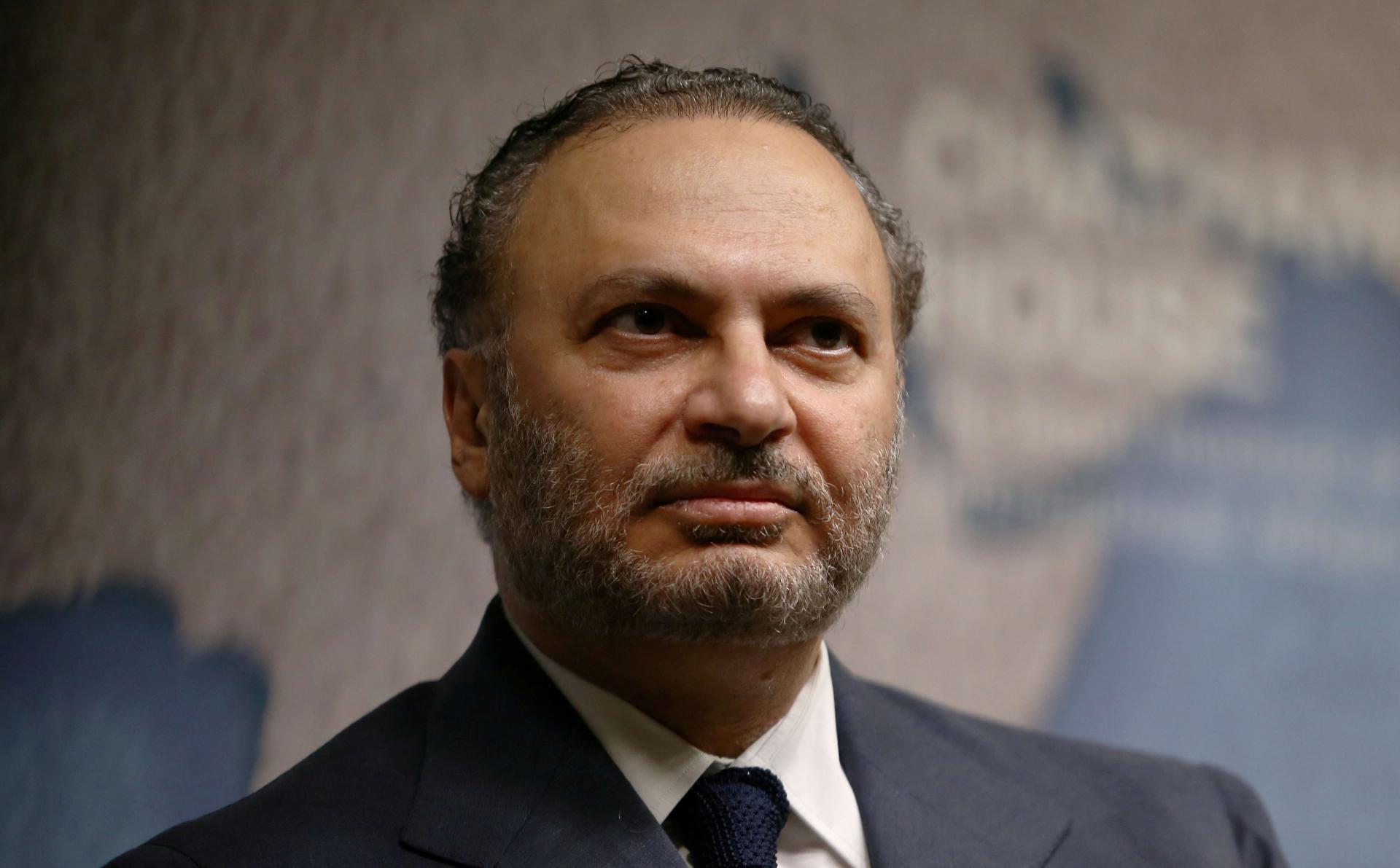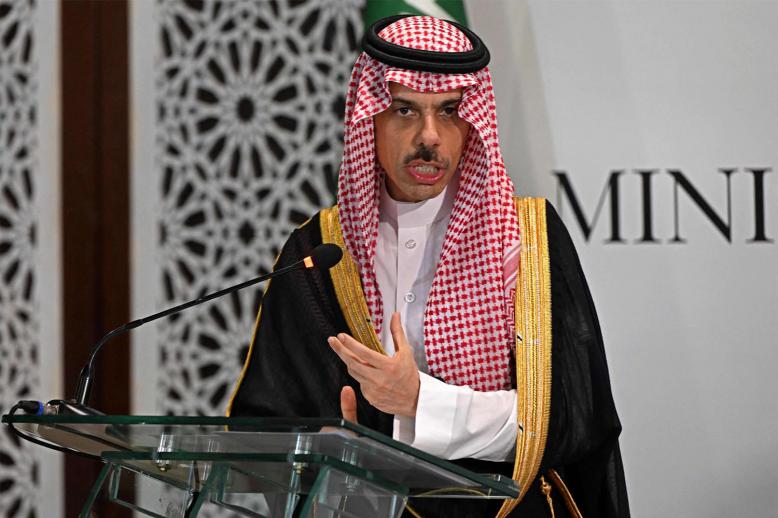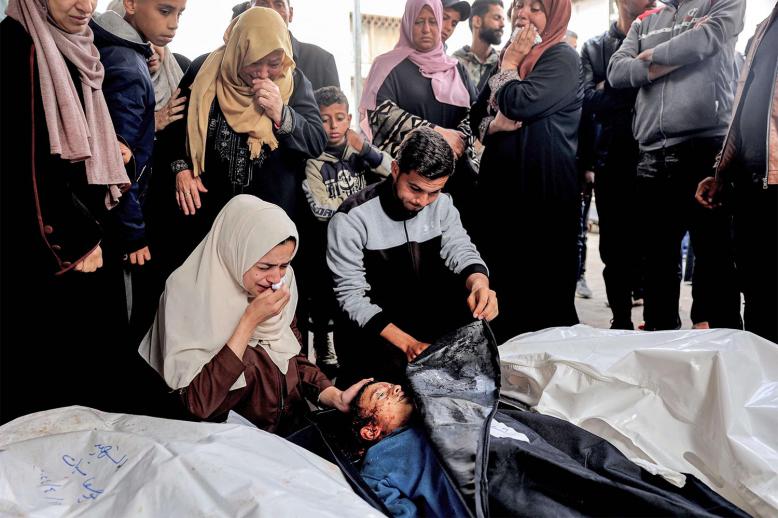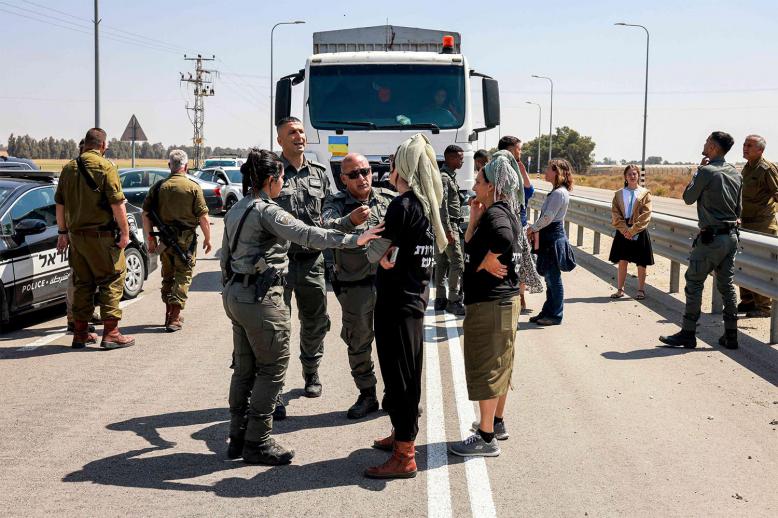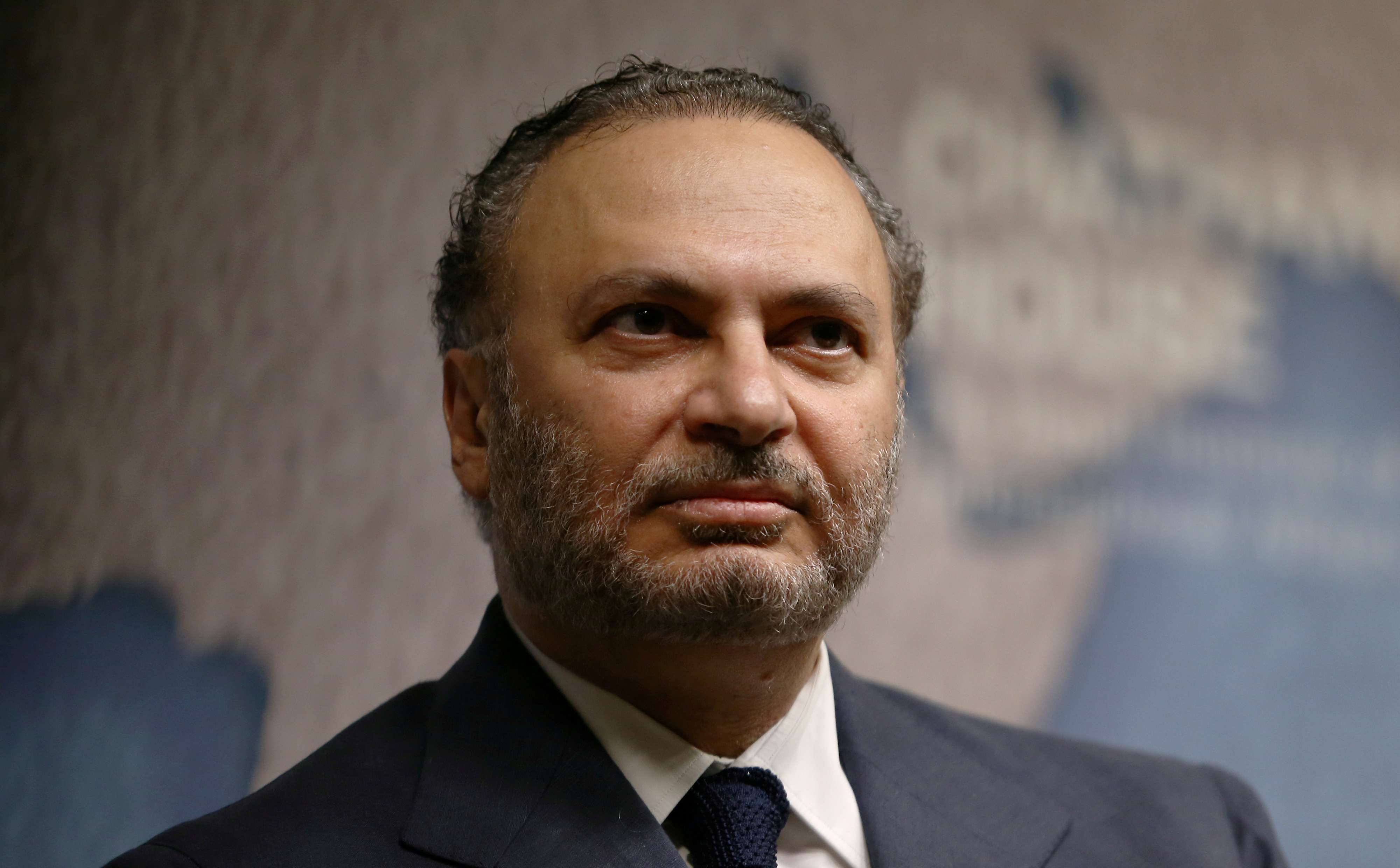UAE calls for diplomacy with Huthi rebels, Iran
ABU DHABI - Yemen's rebels will have a role in their country's future, a UAE minister said Sunday, voicing optimism that a recent peace deal between the government and southern separatists could lead to a wider solution.
The comments were the latest conciliatory move in the long-running Yemen conflict, after the Iran-backed Huthis offered in September to halt attacks on Saudi Arabia.
Anwar Gargash, minister of state for foreign affairs in the United Arab Emirates - a key member in the Saudi-led coalition backing Yemen's government against the Huthis - urged all sides to maintain momentum for a political solution.
"Such an agreement must take account of the legitimate aspirations of all parts of Yemeni society. That includes the Huthis," Gargash said at the sixth annual Abu Dhabi Strategic Debate.
"Huthi militias have wreaked havoc on the country, but they are a part of Yemeni society and they will have a role in its future."
The Huthi rebels have been fighting the internationally recognised government and its allies for more than four years in a war that has pushed the country to the brink of famine.
But Gargash said he was hopeful that a power-sharing deal between the government and the secessionist Southern Transitional Council, inked in Riyadh last week, could pave the way for a wider peace deal.
"The agreement solidifies the anti-Huthi coalition and provides a more robust basis for reaching a political solution," he said. "Now we need to build on the momentum this has given us."
The so-called Riyadh agreement would see Yemen's government return to Aden - the interim capital seized by separatists in August - and place the forces from both sides under the authority of the defence and interior ministries.
Gargash's comments came after a rally organised by the Huthi insurgents to mark the birthday of the Prophet Mohammed on Saturday drew hundreds of thousands in the Yemeni capital Sanaa, a much larger crowd than last year.
Rebel chief Abdulmalik al-Huthi addressed the crowd via a video message played on a large screen, while many chanted slogans in support of the insurgent leader.
The Iran-backed rebels took Sanaa in 2015, after which Saudi Arabia, the UAE and their allies intervened in the conflict in support of President Abedrabbo Mansour Hadi.
Since then, tens of thousands of people -- most of them civilians - have been killed in a conflict that has triggered what the United Nations has described as the world's worst humanitarian crisis.
'Room for diplomacy'
Gargash also addressed the wider animosity between some Arab states and Iran, telling the conference that Iran should come to the negotiating table with world powers and Gulf countries to seek a new deal that would deescalate regional tensions and revive its economy.
Tensions in the Gulf have risen since attacks on oil tankers in a vital global shipping lane this summer, including off the UAE coast, and a major assault on energy facilities in Saudi Arabia.
Washington has blamed Iran, which has denied being behind the attacks on global energy infrastructure.
On Thursday, Iran said it had resumed uranium enrichment at its Fordow nuclear site, stepping further away from its 2015 nuclear deal with world powers after the United States pulled out of it.
"Further escalation at this point serves no one and we strongly believe that there is room for collective diplomacy to succeed," Gargash said.
He warned against a "false choice" between war and the "flawed" atomic deal.
The United States has imposed fresh sanctions on Iran since pulling out of the pact as part of its "maximum pressure" campaign on Tehran.
Gargash said new talks with Iran should not just deal with the nuclear issue but also address concerns over its ballistic missile programme and regional interventions through proxy groups, including the Huthis in Yemen.
These topics mean regional countries would need to be involved in the discussions, he said at the annual strategic debate.
The UAE, which has said for years that Iran is a destabilizing force in the region, backed US President Donald Trump's maximum pressure campaign against Tehran but called for deescalation after the attacks.
"I believe there could be a path to a deal with Iran that all parties might soon be ready to embark on. It will be long, and patience and courage will be required," Gargash said.
It was important that the international community be on the same page, especially the United States and European Union countries, as well as regional states, he added.
Washington says it hopes the sanctions, which are aimed at halting all Iranian oil exports, will force Iran into negotiations to reach a wider deal.
But Iran's Supreme Leader Ayatollah Ali Khamenei has banned Iranian officials from holding such talks unless the United States returns to the nuclear deal and lifts all sanctions.

